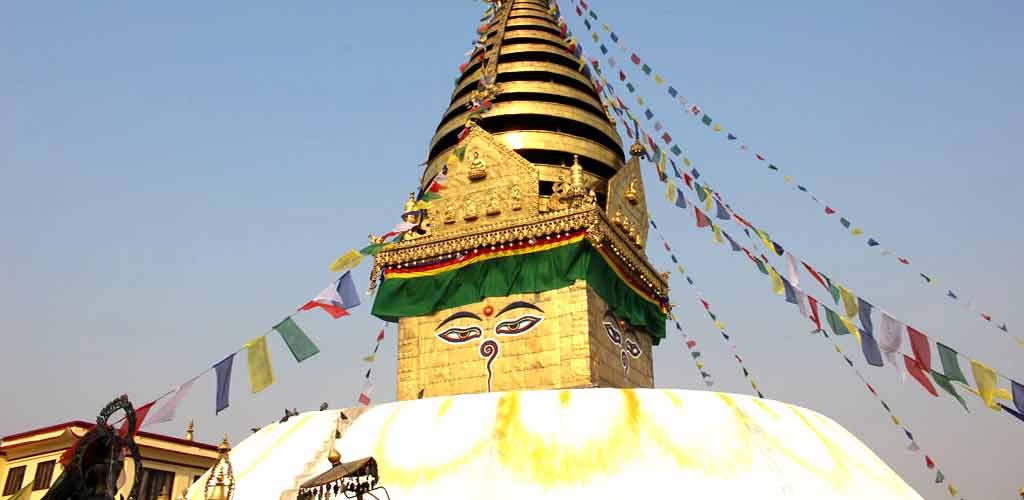Nepali Local tradition
Tradition Nepal
Nepal’s dance traditions can be attributed to Lord Shiva’s dance in the Himalayas, in which the Tandava dance was performed. 2 This means that the dance traditions of Nepal are very old and original. The dances of Nepal differ from one ethnicity and altitude to another, as well as from costume to costume. At weddings,
Nepali Cultural: features intricate arm and foot movements.3 The accompanying music and instruments are adapted to the theme, which may include harvesting crops, marriages, war stories, longing for a lover, and other stories from daily life in the villages. There are many surprises, from the famous Tharu stick dances to the crazy peacock dance. Toward the end of the evening, you should expect to be invited to dance.

As they protect local culture and pride, they rely on local traditions, customs, values, and sentiments.
- Take photographs without invading privacy
- Be respectful of holy places
- Keeping money away from children will discourage them from begging
- Ethical respect is earned through respect for local etiquette
- Let the Himalayas change you – Do not change them
- Preserve the natural environment
- Take care of your campsite and leave it cleaner than you found it
Do not open fires – limit deforestation
- Store dry papers and packets in a safe place to burn
- Avoid polluting local water by keeping it clean
- The natural environment should be left to flourish for plants

Buddhist and Hindu traditions converge in Nepal more than two thousand years ago. Kathmandu houses the old and famous Shiva temple of Lumbini, and Pashupatinath is the birthplace of Buddha. As well as Buddhist monasteries, there are other temples and places of worship in Nepal. As a country, Nepalese philosophical ideas have traditionally been influenced by Hindu philosophy and Buddhism, with influences such as Kashmir Shaivism, the Nyingma school of Tibetan Buddhism, and work by the Karmacharyas of Bhaktapur.
Animals in Nepal: In Nepal, traditions are deeply rooted, including the practice of animal sacrifice. There are five types of animals, all of which are male: water buffaloes, goats, sheep, chickens, and ducks. Animals like cows are considered sacred and should never be sacrificed.
